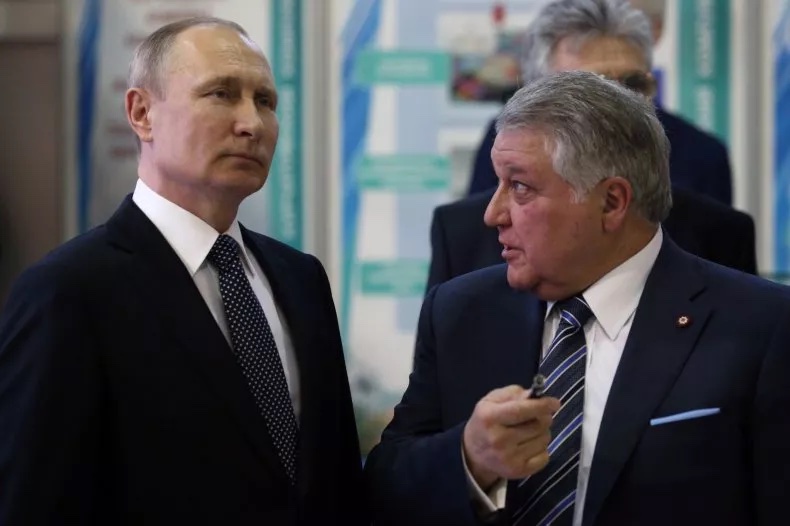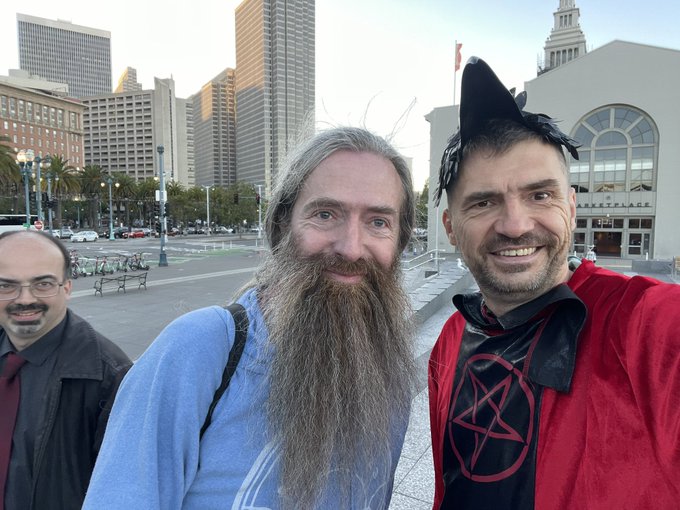Inside Russia’s Plan to Extend Lifespan and Develop New Anti-Aging Technologies
Russian leaders have called for the development of new anti-aging technologies, but experts are highly skeptical of whether these plans can be effectively carried out.
Highlights:
- The Russian government has requested that research institutions develop anti-aging technologies to prolong lifespan.
- Medical experts doubt whether this can be accomplished promptly without proper funding.
- A lack of talent may also hamper the Russian leadership’s goal of extending lifespan.
According to Meduza, the president of Russia, Vladimir Putin, 71, recently announced a new project aiming to prolong the lifespan of Russian citizens and “save 175,000 lives” by the year 2030. More recently, in early June, the Russian Health Ministry sent a letter to multiple research institutions requesting the development of:
- “Medical products aimed at reducing the burden of cellular aging (sarcopenia, asthenia, osteoporosis, etc.), with estimates of biological age using various methods”;
- “Neurotechnologies and related medical products aimed at the prevention and development of cognitive and sensory impairments”;
- “Methods to correct the immune system based on critical markers identified in the aging process”;
- “Medical technologies (including medical devices) based on bioprinting technology.”
Can the Russian Government Afford Anti-Aging Technology?
Russian scientists and medical professionals have cast doubts on the unprecedented initiatives proposed by the Russian Health Ministry. A doctor from one of Russia’s national research centers said,
“They asked us to fast-track all of our proposals — it felt like the letter had just arrived today and the deadline was yesterday. To be honest, it was the first time I’d seen anything like it — usually, any national project or federal program is preceded by a number of meetings involving various specialists and some sort of public discussion,”
A researcher from another medical center said more frankly,
“When we got this letter, honestly, I was stunned. The whole premise baffled me. Oh sure, let’s work on restoring the health of these old fogies — it’s not like there’s anyone else who needs our attention. Right in the middle of the war, we’re just supposed to drop everything. The level of cynicism is really bewildering.”
A source close to the Kremlin revealed,
“All of the research projects envisioned in the national project are very expensive. Developing new medications costs billions [of rubles], and no national project can cover that — especially right now.”
Who Is the Russian Health Ministry’s Proposal For?
Sources from Russia’s pharmaceutical industry have said,
“Sarcopenia and asthenia are very important medical problems in countries where people live to old age, but in Russia, unfortunately, many people don’t even make it to pension age.”
In Russia, the pension age is 62 years for men and 57 years for women. However, sarcopenia — age-related muscle loss, becomes noticeable between the ages of 65 and 80. Additionally, sarcopenia can lead asthenia — general fatigue and weakness, but doesn’t necessarily occur in old age. Nevertheless, on average, many Russian citizens may not live long enough to develop sarcopenia.

This raises questions about who the Russian Ministry of Health’s initiatives are intended to benefit. Putin’s friend, Mikhail Kovalchuk, 77, who is obsessed with immortality, is reported to have lobbied for the Ministry’s project. Putin, Kovalchuk, and other high-ranking Russian officials seem to be outliving the general population and could be the beneficiaries of the anti-aging technologies proposed in the Ministry’s letter.
The Price of War
Gero is a company that aims to “hack complex diseases and aging with AI…” It was co-founded by leading aging biology researcher and physicist Peter Fedichev, who recently debated English aging biology researcher Aubrey de Grey over how to defeat aging. Gero began in Russia but in 2018 became an international company to help raise funds from foreign investors. Such a move reflects the lack of necessary funding needed to develop anti-aging technologies in Russia.
Former Russian politician, Mikhail Batin, who aspires to prolong his life via scientific discovery, said,
“We can’t overcome our own bureaucratic machinery, and Putin is running out of time to develop a treatment for aging. They can allocate the money, but who’s going to create the technology? Nobody in Russia can boast publications on anti-aging in Nature; the quality of the science is extremely low… At the end of the day, we want to prolong life. War is about shortening it.”


